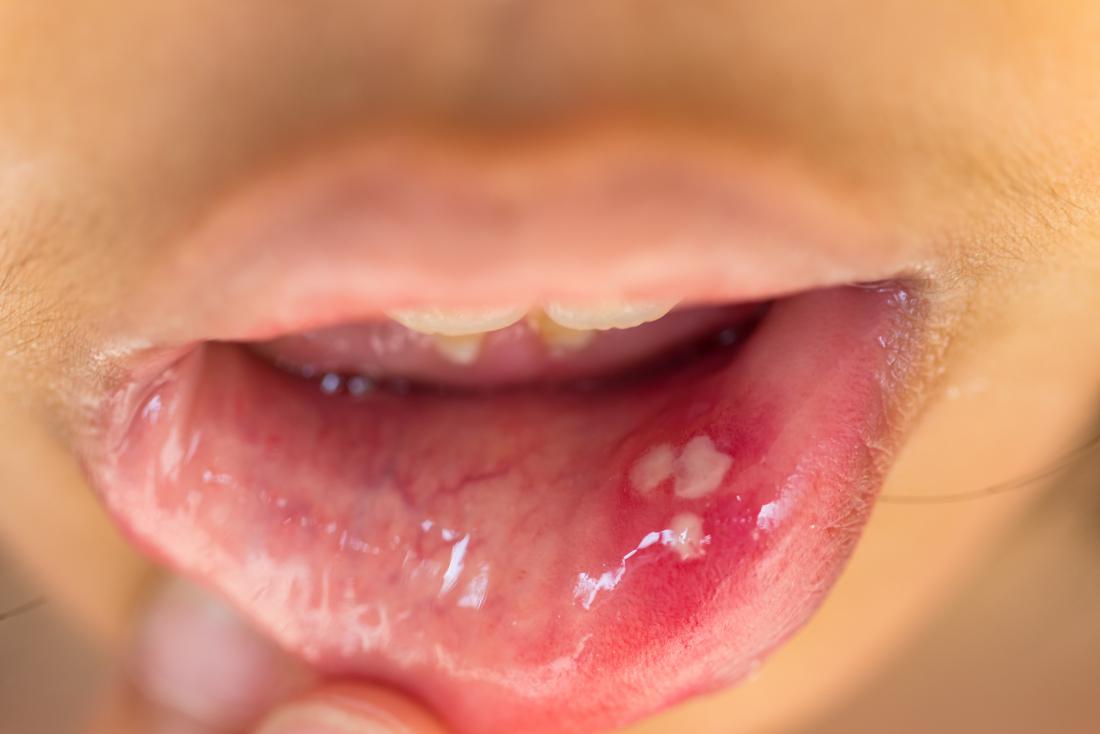HPV: How You Get It and Management Options
Human papillomavirus is one of the most common sexually transmitted diseases in the world. It comprises different strains and can affect people of all ages, including children, because it can also be transmitted through skin-to-skin contact. Although the condition does not exhibit symptoms, it is important to get tested for Orlando HPV to avoid getting cervical cancer.
Symptoms
The HPV infection usually exhibits no symptoms. However, the less dangerous strains can display warts as a sign of infection. You can have warts on your genitals, anus, and around your mouth. For the harmful strains, you must go for testing to ascertain you have the condition.
HPV testing
During HPV testing, your specialist takes swabs of cells from your cervix. The HPV test will look for the high-risk strain of the infection. At the same time, your specialist can perform a Pap smear test to check for abnormal cells.
HPV management options
Most strains of the human papillomavirus do not require treatment because they go away on their own. However, other types of strains can lead to cancer, especially cancer of the throat, mouth, and cervix.
Although HPV does not have a cure, your specialist can offer management tips through keen observation and changes to your tissues, especially where your cervix is concerned. After HPV testing, your healthcare provider will check whether your strain is harmful and a potential cause of cancer.
If you are at risk, your specialist might recommend regular screening of your cervix to check for abnormal cells. They might conduct a biopsy to check for cancerous cells. If the tissues are cancerous, your doctor might recommend cancer medication to fight the cancer cells.
If you don’t have abnormal cells, your specialist might create a routine plan where you visit your doctor after a time interval for cervical cancer screening. Regular checkups will help keep a close eye on the health of your cervix.
How can you protect yourself from HPV?
Since the human papillomavirus has no cure, it is important to protect yourself from getting the infection. You can use the following recommendations to avoid the condition.
Get vaccinated
Doctors recommend people between the ages of 9-45 get the HPV vaccination. The vaccination can help protect you from the harmful strains of HPV that cause cancer of the throat, mouth, cervix, vagina, vulva, and anus. It is vital to understand that you might get other strains of HPV, but such strains don’t usually lead to cancer.
Use protection during sex
Whether it is penetrative or oral sex, you should always think of protection. Condoms and dental dams can help create a barrier between partners during a sexual encounter.
Avoid skin-to-skin contact
Although it is not easy to avoid skin-to-skin contact, sometimes it is inevitable to protect those you love. If you know you have the infection, stay from others, especially children, to avoid infecting them. Until you get the go-ahead from your doctor, keep to yourself.
If you or your loved one has warts, visit Contemporary Women’s Care for HPV testing and treatment. You will meet a qualified and experienced team of specialists who will thoroughly examine your situation. Call or schedule an appointment online and improve your health.


